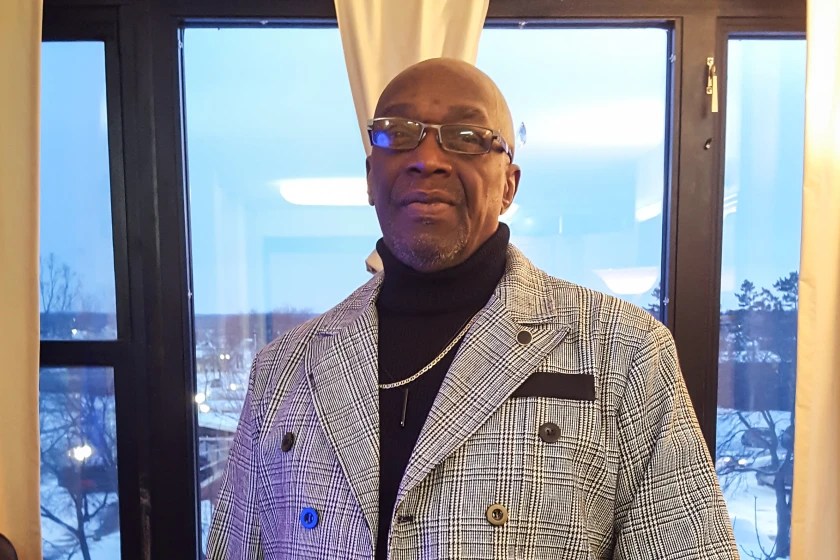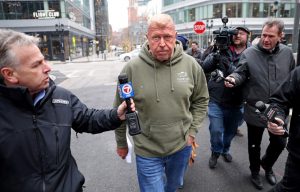
Aged off of transplant list but not done living, Bemidji man keeps hope for kidney
BEMIDJI — Manny Smith isn’t done living yet. The 76-year-old Bemidji man has a lot of plans, but to meet those goals, he’ll need a kidney.
While procuring a kidney transplant is difficult for anyone, Smith is facing an extra challenge after he was removed from the transplant list due to his age. Now his only option is to hope for a living kidney donor.
“Being taken off the list crushed me. My hopes were kind of down the drain,” he said. “They said ‘We’ve got to take you off the list because four years from now you’ll be 80.’”
Smith had been on the transplant list for two years, following his diagnosis with diabetes. Initially, Smith was hopeful, but after his removal, he can’t help but feel a little discouraged.
When he was removed from the list, the doctors explained to Smith that he could still have a kidney transplant but that it would need to come from a living donor.
Without any family in Minnesota, and with a pool of friends ineligible for kidney donation, Smith has to place his hopes on the kindness of a stranger.
“This is my only other option, to hope there’s somebody out there who would be willing to help,” he said.
But Smith is no stranger to adversity. He grew up in Compton, California, just outside of Los Angeles in the 1950s and 60s, and he shared stories of the racial discrimination and prejudice he experienced as a child.
His father, who never graduated high school, worked to support the family but there were times when they were homeless and sleeping in a car. This childhood hardship extended into Smith’s adulthood, where he found himself without a home.
“Compton is like no place you’ve ever been,” Smith recalled. “I ended up living all over LA, and it got to a point where I was living on the streets.”
It was on a rare rainy morning when, after looking in a storefront window and being unable to recognize himself, he made a choice that would change his life. He decided to leave the city and get as far away as possible.
“I just busted out crying. I knew if I didn’t leave there I was going to die, so I bummed up bus fare and I rode it to the end of the line,” he explained. “I didn’t care where I was going, as long as I was leaving there.”
Eventually, Smith ended up in Bemidji, where he’s been living and working for over 20 years.
“My whole life changed,” he said. “My life has been rough, but I’ve survived it and I’ve still got some more living to do if I get a kidney.”
One of his first priorities if he gets a kidney will be to visit his family. He has two children who live in California with their families and another who lives in Colorado. Due to his health, he hasn’t been able to visit.
“Right now I can’t even leave (Minnesota) because there’s no telling when my kidney will shut down,” he said. “I can’t afford to move, I can’t afford to go back to LA, so I have no other choice but to stay here.”
A kidney would be a new lease on life for Smith, who would be able to see his family and continue following his passions.
“It would be a new life, like being born all over again. I’d have time to visit my family. I can’t even remember when the last time we were all together was, and I’d really like to make that happen,” he said.
But while Smith is hopeful, he also understands that donating a kidney is a significant undertaking.
“It has to be in a person’s heart. No matter what you say, I don’t think you can convince a person to do something like this,” he said. “But I know there are still good people in the world who would want to help someone else.”
Related Articles
Insurance doesn’t always cover hearing aids for kids
Preparing to hang up the car keys as we age
Women and minorities bear the brunt of medical misdiagnosis
Did legal marijuana help or harm Californians? Here’s what the data says
King Charles III and the Princess of Wales both discharged from private hospital


